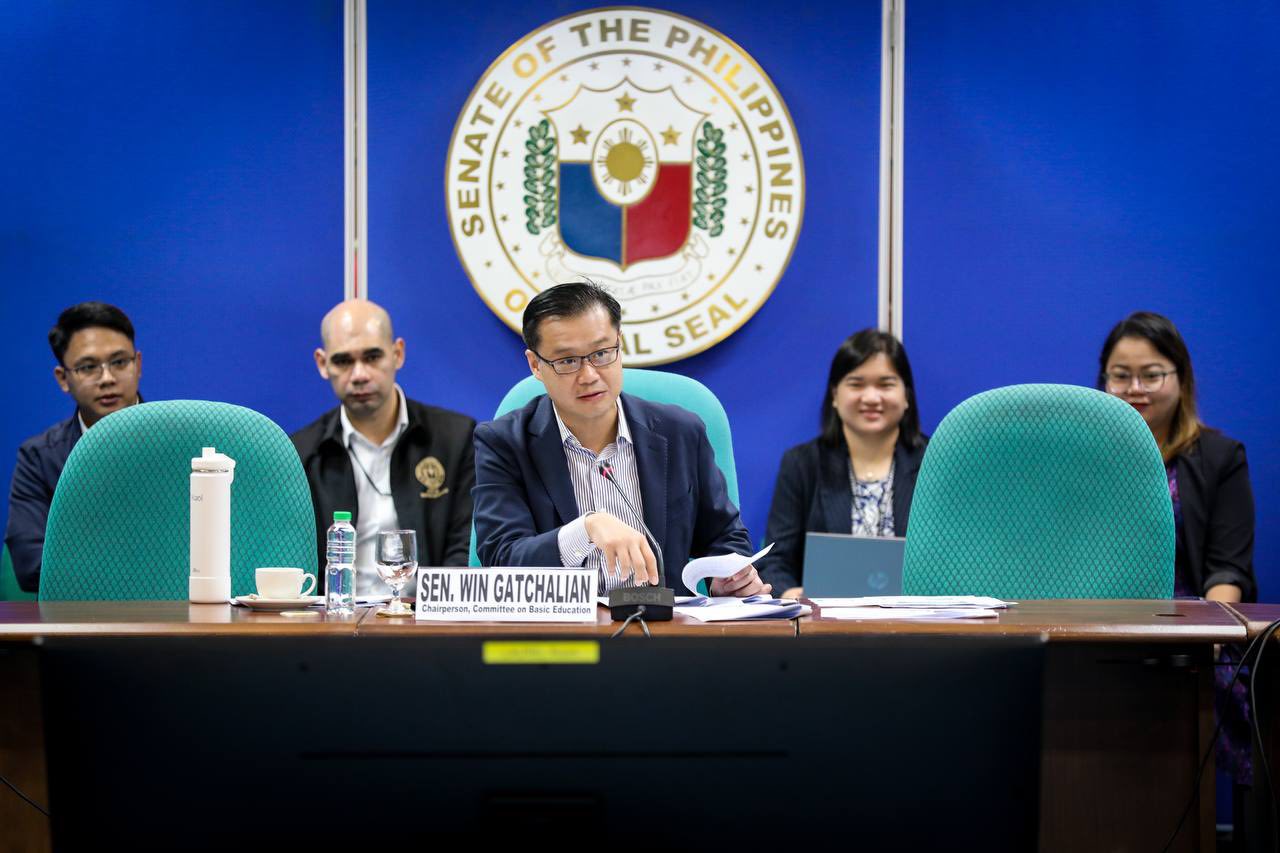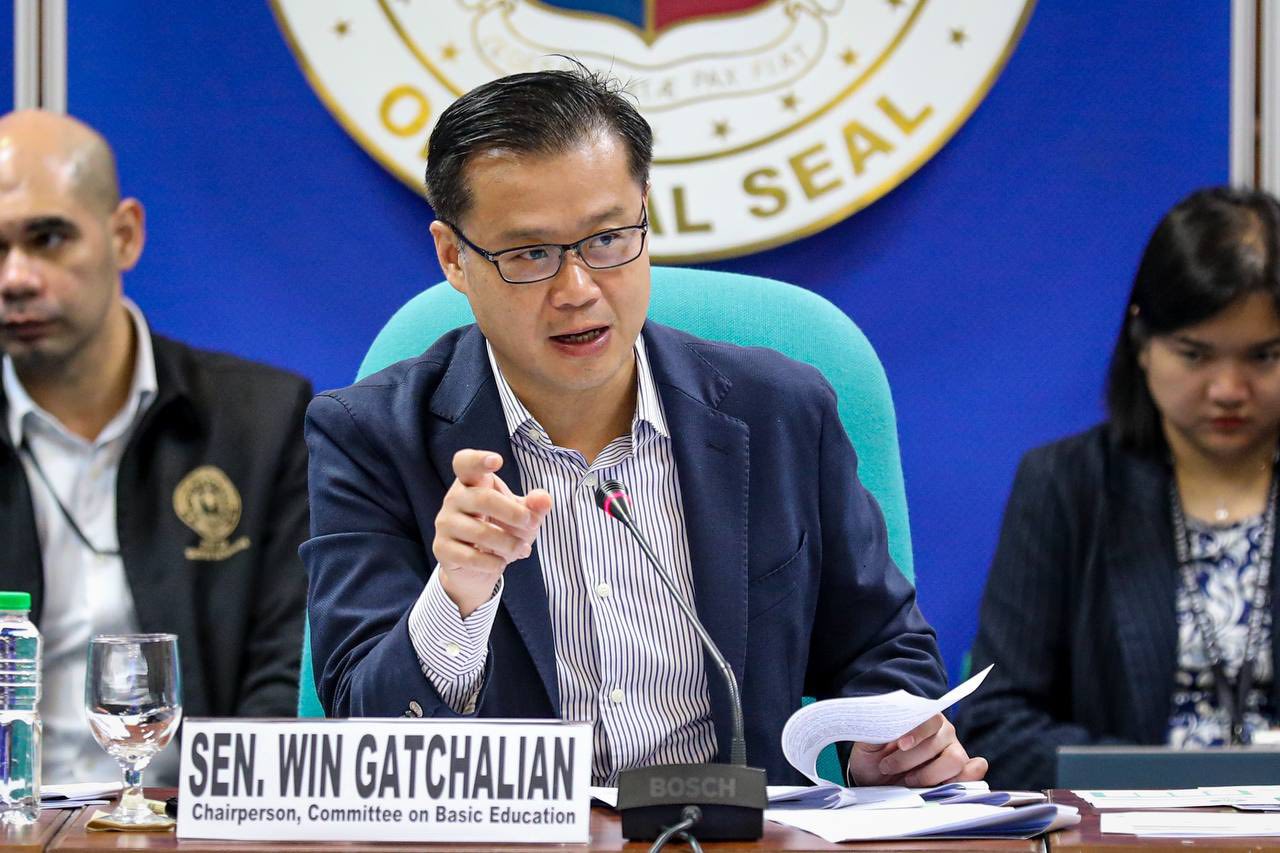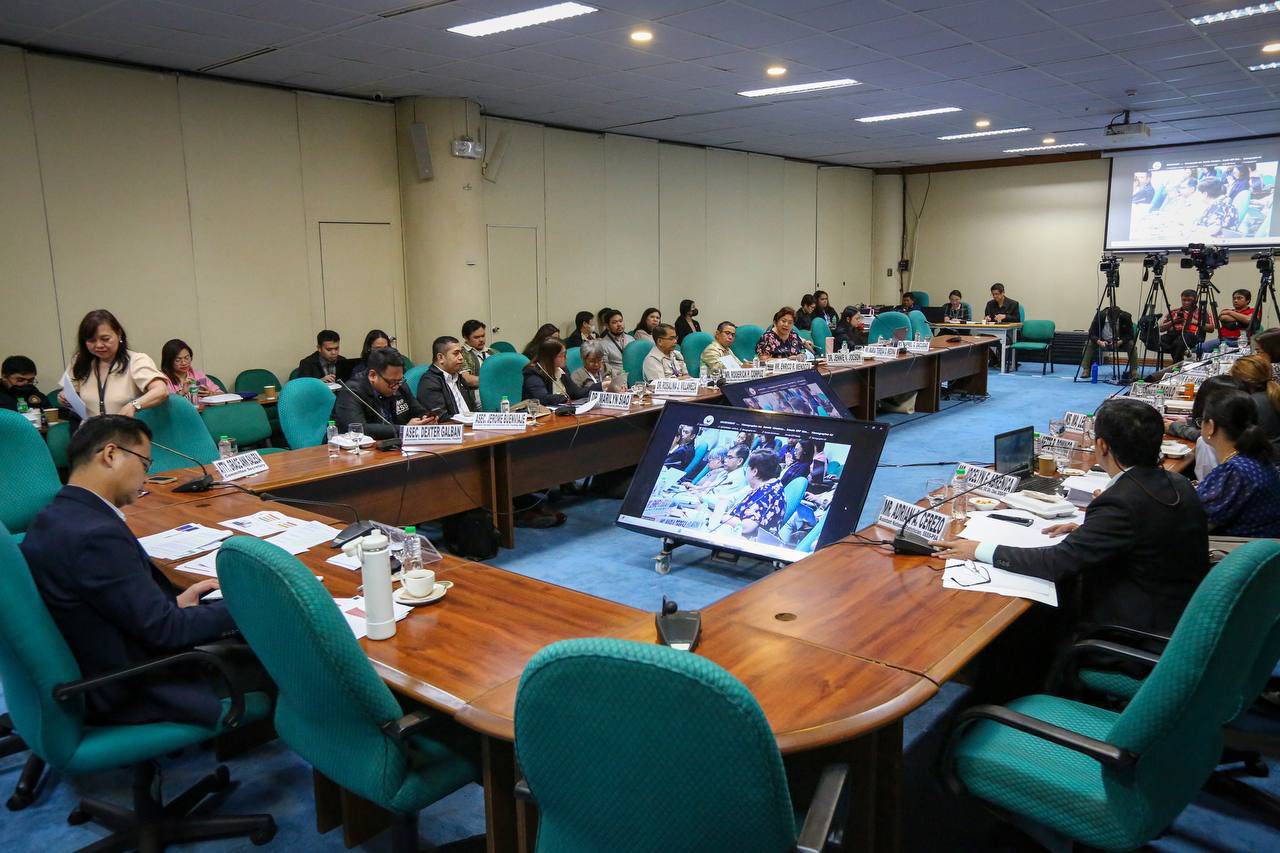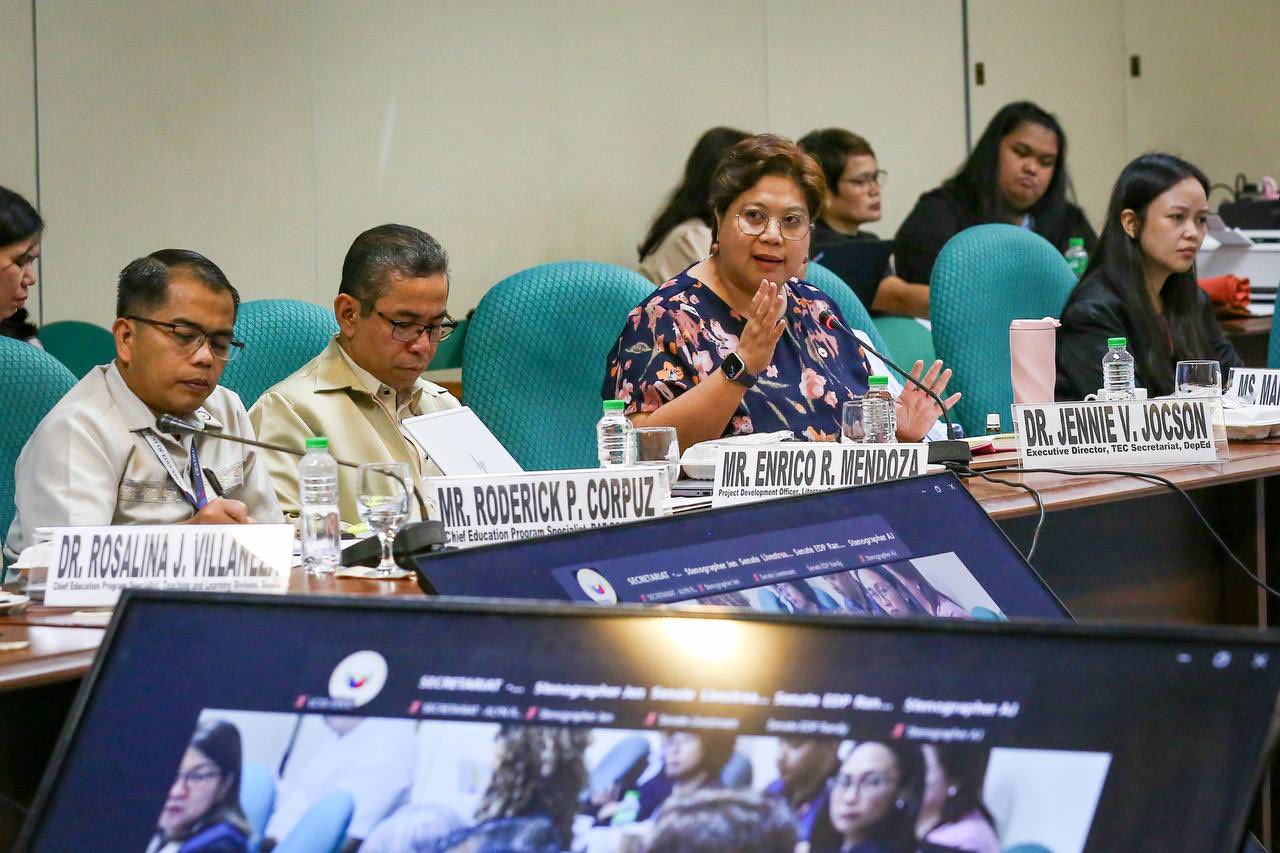



The 2024 Functional Literacy, Education and Mass Media Survey (FLEMMS) was presented on April 30, 2025, before the Senate Committee on Basic Education, chaired by Senator Win Gatchalian. The findings revealed critical insights into the state of literacy in the Philippines and underscored the urgent need to strengthen foundational education systems.
According to FLEMMS data, 90% of Filipinos aged five and above possess basic literacy skills. However, the remaining 10%—a significant number—still struggle with reading and writing. Alarmingly, the highest rate of illiteracy is found among children aged 5 to 9, with 20.1% in this age group unable to read and write. This underscores an urgent need for targeted interventions in early childhood and basic education to ensure that no child is left behind during these critical years of learning.
In response, the Teacher Education Council (TEC), under its mandate from Republic Act 11713, emphasized its commitment to enhancing teacher quality and literacy instruction nationwide. During the hearing, TEC Executive Director V Dr. Jennie Jocson detailed ongoing efforts to address literacy challenges through systemic reforms.
Among TEC’s key initiatives is to review the current teacher education curriculum, including the move to prioritize the preparation of pre-service teachers as reading teachers regardless of specialization, as well as the aim to shorten and sharpen classroom engagement to prevent student disengagement during prolonged instructional periods.
“Our bachelor’s degrees for incoming teachers do not fully operate on the level of these (basic) literacies. We have an assumption as a country that we do not need the basics. We have an assumption as a country that we need more. Hence, even the curriculum for incoming teachers is steeped with expectations of what we currently need. We are now going back to the teaching of literacy and numeracy for our incoming teachers not just for reading teachers,” Jocson said, advocating for a reframed approach where literacy instruction is viewed as a shared responsibility across all subject areas—not just reading classes.
She further emphasized that definitions of literacy must evolve with the times, and thus the need for over 900,000 in-service teachers to evolve with the times and implement differentiated instruction and just prescribe on a one-size-fits-all approach. In relation to this, Jocson also noted the need to go beyond mapping literacy programs and strengthen the operationalization of the work of the Literacy Coordinating Council.
As part of a broader strategy, TEC is also exploring the creation of a bachelor’s degree in Alternative Learning System (ALS) to produce educators who are better equipped to support adult learners and out-of-school youth.
TEC aims to collaborate more closely with the Department of Education’s Bureau of Alternative Education for this initiative, especially in scaling efforts to train and deploy more ALS teachers.
The TEC is positioned to play a transformative role in equipping Filipino educators with the tools and knowledge to meet the diverse needs of Filipino learners—ultimately contributing to the reduction of functional illiteracy and the advancement of inclusive, quality education across the country.
Photo Courtesy: Senator Win Gatchalian


